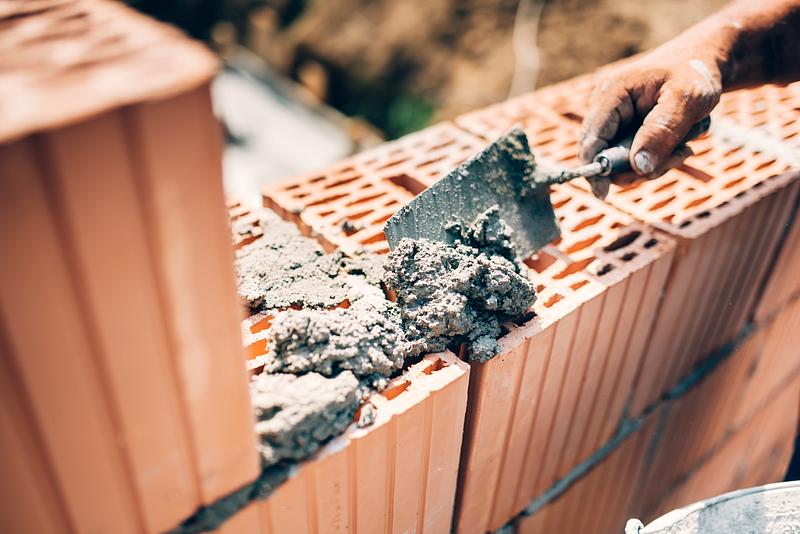Mortgage interest rates are keep rising in fast pace and this has made investors cautious for new transactions in the housing market as well as eager to turn in other industries; they worry about both their potential investments and the general course of the economy.
According to the Hellenic Statistical Authority, construction activity (both public and private) recorded a significant drop in July accompanied by a significant reduction in surface area and volume compared to the corresponding period a year ago. More intense, however, was the drop by 3.2% recorded in the issued permits for Private Construction Activity, throughout the country, during the period under review, which amounted to 2,224 corresponding to 504,407 m2 of surface and 2,501,817 m3 of volume, showing a decrease of 25.6% in surface area and a decrease of 6.7% in volume, compared to the corresponding month of 2021.
The major problem that continues to cause severe "headaches" for construction companies, say industry players, remains the soaring energy costs and the rapid rise in the prices of raw materials. At the same time, problems in the supply chain prevent the smooth transition of basic materials and, by extension, change the delivery times of the overall projects. One of the huge problems facing the Greek construction industry is the labor shortage. A significant percentage of workers in the construction industry in the previous years of the crisis brought by the Covid-19 pandemic changed their professional direction since the construction activity was "frozen" due to the restrictive measures that had been imposed.
The construction industry is for our country and for Europe as a whole a leading sector with millions of jobs. It is recalled that as early as last year, five contracting organizations of the country reported in their letters to the competent ministries the problem of the significant increase in the prices of materials necessary for the implementation of public and private projects and warned that thousands of jobs were at risk. According to them, the above picture, which is observed at a pan-European level, does not seem to be escalating, but on the contrary it is intensifying, putting at risk the future of construction and large public works.















